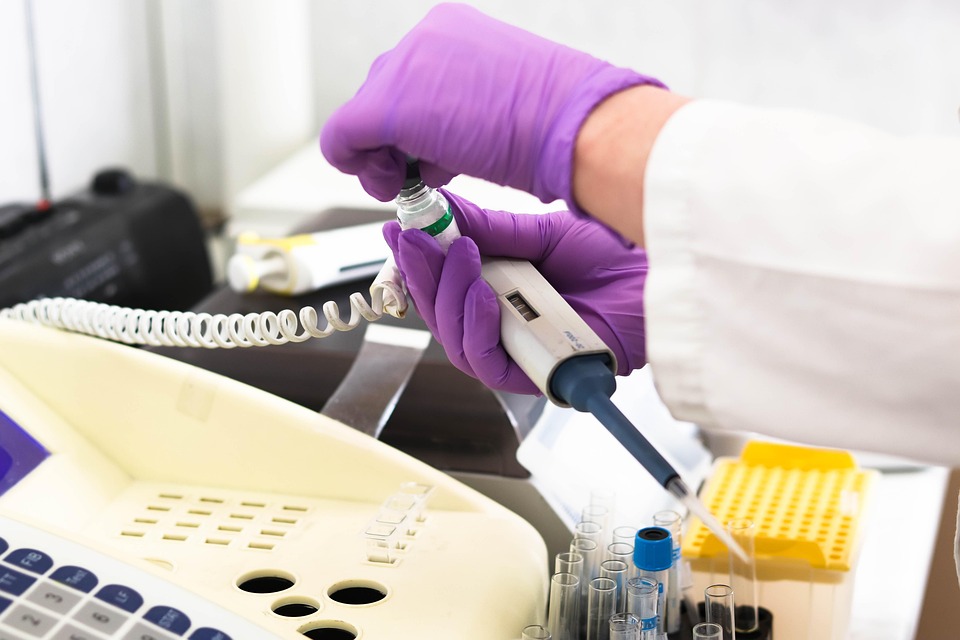Essential Laboratory Technician Resume Template: Boost Your Career in the UK
Crafting a standout resume as a laboratory technician can be a pivotal step in advancing your career within the UK’s vibrant scientific landscape. In an environment where precision meets innovation, your CV should reflect not only your technical prowess but also your ability to contribute to cutting-edge research and development. Here’s a guide to help you create an impactful resume that will catch the eye of employers.
1. Tailor Your Personal Statement
Before diving into your qualifications, initiate your resume with a personal statement that encapsulates your professional essence. This brief introduction should highlight your key skills, years of experience, and what you hope to achieve in your next role. Think of it as your elevator pitch on paper. For example, “Detail-oriented Laboratory Technician with over five years of experience in clinical settings, adept at performing complex experiments and ensuring compliance with safety regulations, seeking to leverage expertise in a dynamic research environment.”
2. Highlight Relevant Skills
Your skills section is crucial. Employers want to see more than just your educational background; they crave a snapshot of your capabilities. Consider showcasing:
- Proficiency in laboratory techniques such as chromatography, spectrometry, or microbiological assays.
- Strong analytical skills paired with a meticulous attention to detail.
- Familiarity with laboratory software and data analysis tools.
- Excellent communication skills, both written and verbal, to report findings clearly.
By breaking this section into categories—technical skills, soft skills, and tools/software—you can create clarity while showcasing your versatility.
3. Educational Background and Certifications
List your educational qualifications in reverse chronological order. Include relevant degrees, diplomas, or certifications that bolster your candidacy. If you’ve undertaken specialised training, such as good laboratory practice (GLP) or specific health and safety certifications, make sure these stand out. For instance:
- BSc in Biomedical Science, University of XYZ (2018)
- Certified Laboratory Technician, UK Professional Standards (2020)
This section should reflect not only your academic credentials but also your commitment to lifelong learning in the field.
4. Professional Experience: Showcase Achievements
When detailing your work history, go beyond mere responsibilities. Use bullet points to articulate your achievements and contributions in previous roles. Quantify your successes wherever possible to make your impact tangible. For example:
- Improved lab efficiency by 20% through the implementation of a new inventory management system.
- Led a team of 5 technicians in a project that resulted in a published paper in a peer-reviewed journal.
This narrative not only demonstrates your capabilities but also your proactive approach to your work.
5. Additional Sections: Make it Personal
Consider adding sections that reflect your personality and interests. Whether it’s volunteer work, hobbies related to science, or membership in professional organizations, these details can help paint a fuller picture of who you are. For example:
- Member of the Royal Society of Chemistry.
- Volunteered at a local science fair to inspire young minds about laboratory sciences.
These facets can set you apart from other candidates vying for the same position.
Creating a compelling laboratory technician resume involves more than just listing your experience; it’s about weaving a narrative that showcases your skills, achievements, and passion for science. By tailoring your resume to highlight both technical capabilities and personal attributes, you’ll present yourself as a well-rounded candidate ready to tackle the challenges of the role.
Remember, as you embark on this journey, CVPortal continues to provide a wealth of high-quality resume references, ensuring you have the tools you need to succeed.


